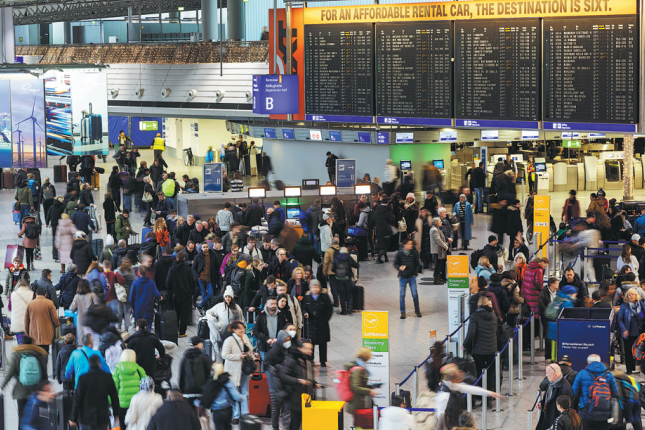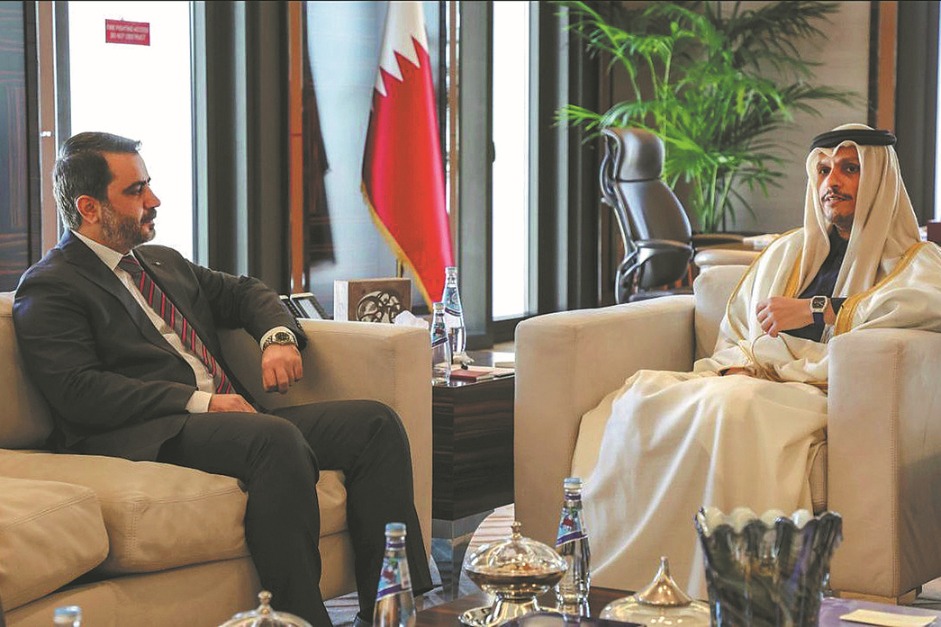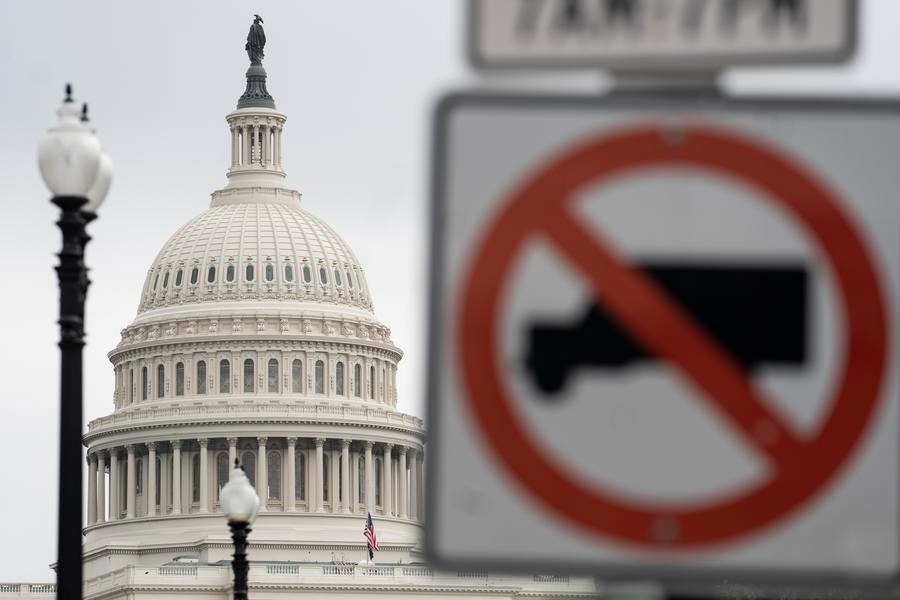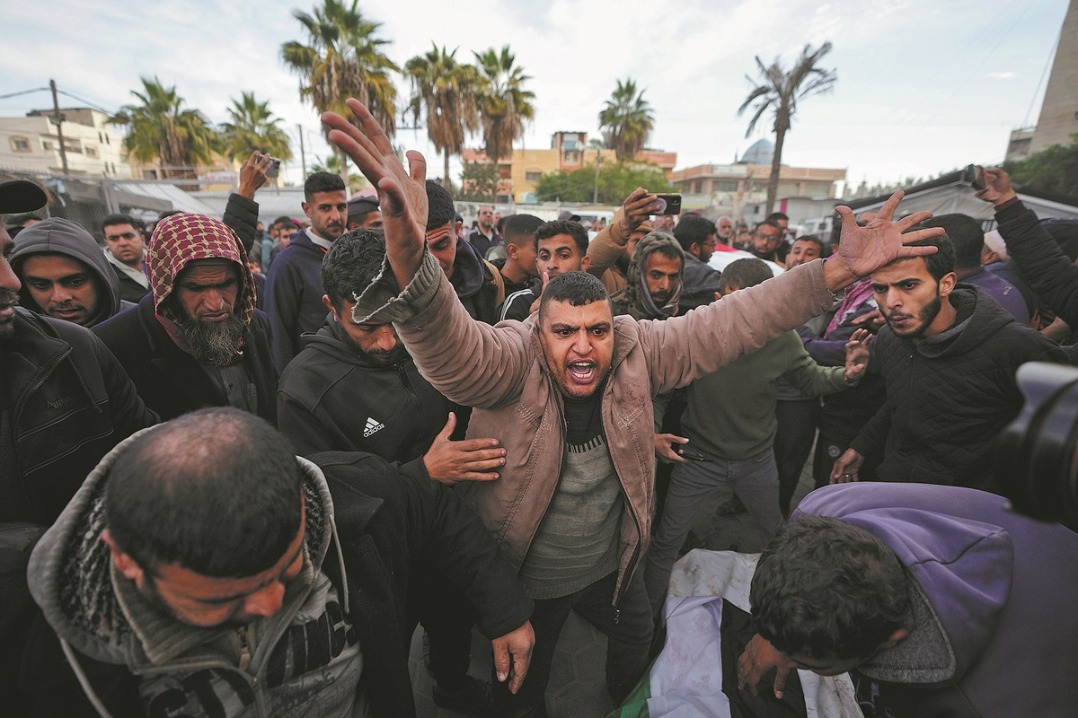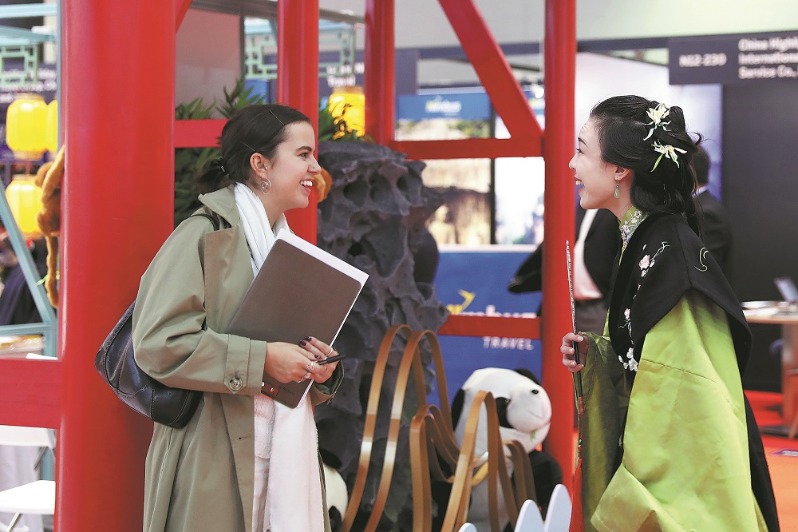Senior leader touts BRI's grand strategy

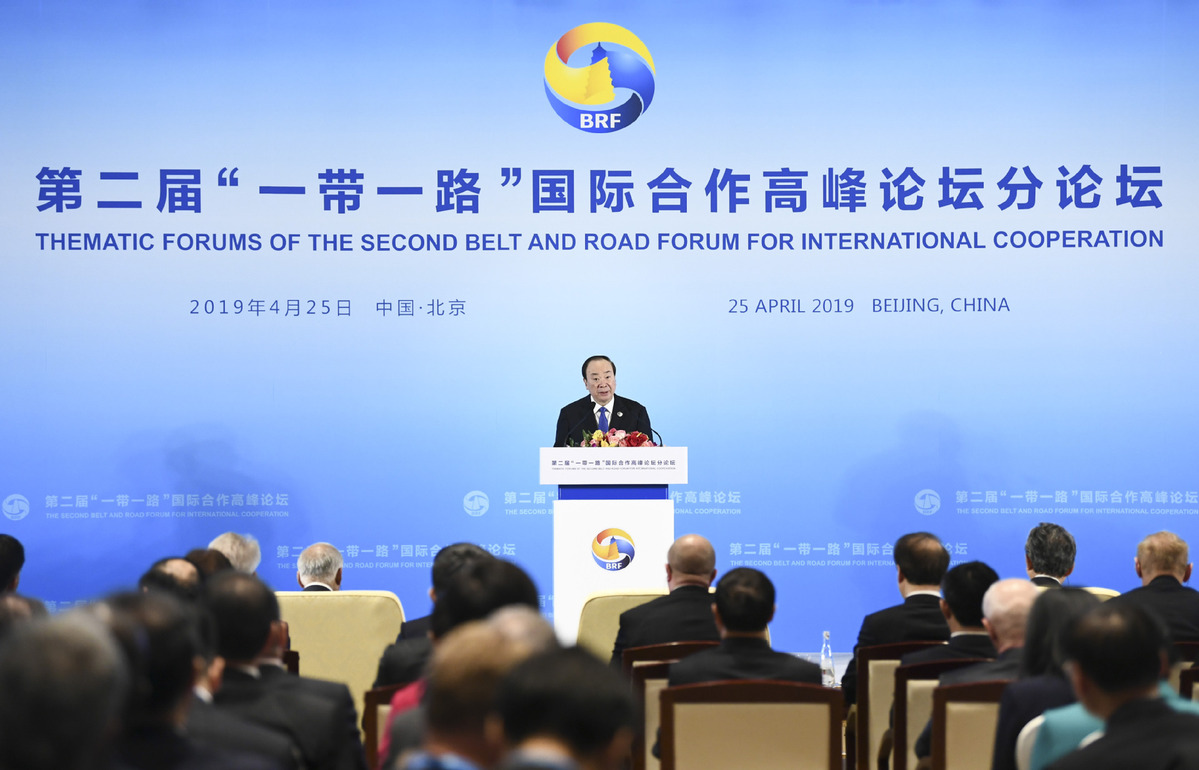
Huang Kunming: Law of the jungle, hegemony contrary to inclusive goals
The Belt and Road Initiative is a grand strategy to manage global deficits, a platform for international cooperation and an internationally acclaimed public good, a senior Chinese official said on Thursday at a themed subforum of the Second Belt and Road Forum for International Cooperation held in Beijing.
Huang Kunming, a member of the Political Bureau of the Communist Party of China Central Committee and head of the committee's publicity department, said that practice has proved that the BRI works for the common development and prosperity of the whole world. It's not a cliche for geopolitics, he said, but a genuine new model for win-win cooperation.
The themed subforum focused on think tank exchanges, with more than 300 delegates from more than 60 countries and regions attending, including leaders from think tanks and media outlets and senior executives of major enterprises that have participated in projects under the BRI.
Huang called on the think tanks to conduct research about the BRI in an open and inclusive manner.
When studying the BRI, researchers should understand and interpret its essence to enable people from various countries to enhance mutual respect and trust, he said.
It's normal for countries with different cultures and national conditions and in different development stages to have different views about the BRI, Huang said, but he said the law of the jungle, hegemony and zero-sum games are contrary to the spirit of the Silk Road.
On Wednesday, the Belt and Road Studies Network, initiated by the Xinhua Institute and 15 other think tanks, was inaugurated in Beijing.
Huang called on think tanks and media outlets to strengthen communication to enhance mutual learning.
Former Japanese prime minister Yukio Hatoyama said at the forum that Japan and China have been promoting third-party cooperation under the framework of the BRI since relations between the two countries got back on the right track last year.
The BRI and the East Asia community share common goals, as they both aim to strengthen regional connections, said Hatoyama, who chairs the East Asian Community Institute.
The BRI will be helpful in promoting the building of an East Asia community and will benefit the whole region, he said.
Former Pakistani prime minister Shaukat Aziz called for more countries to engage with the initiative, which provides an opportunity to set a new standard of sustainable development.
Pakistan has been a key beneficiary of the BRI, he said, adding that Gwadar Port is functioning well, and investments in the port have been paid off.
A new airport was built in Gwadar, he said, and the port is being expanded to make Gwadar a new hub for commercial activities in Pakistan.
















